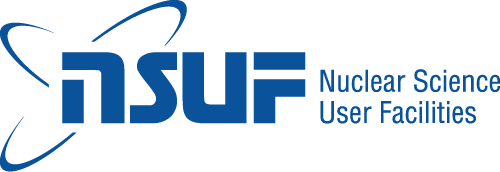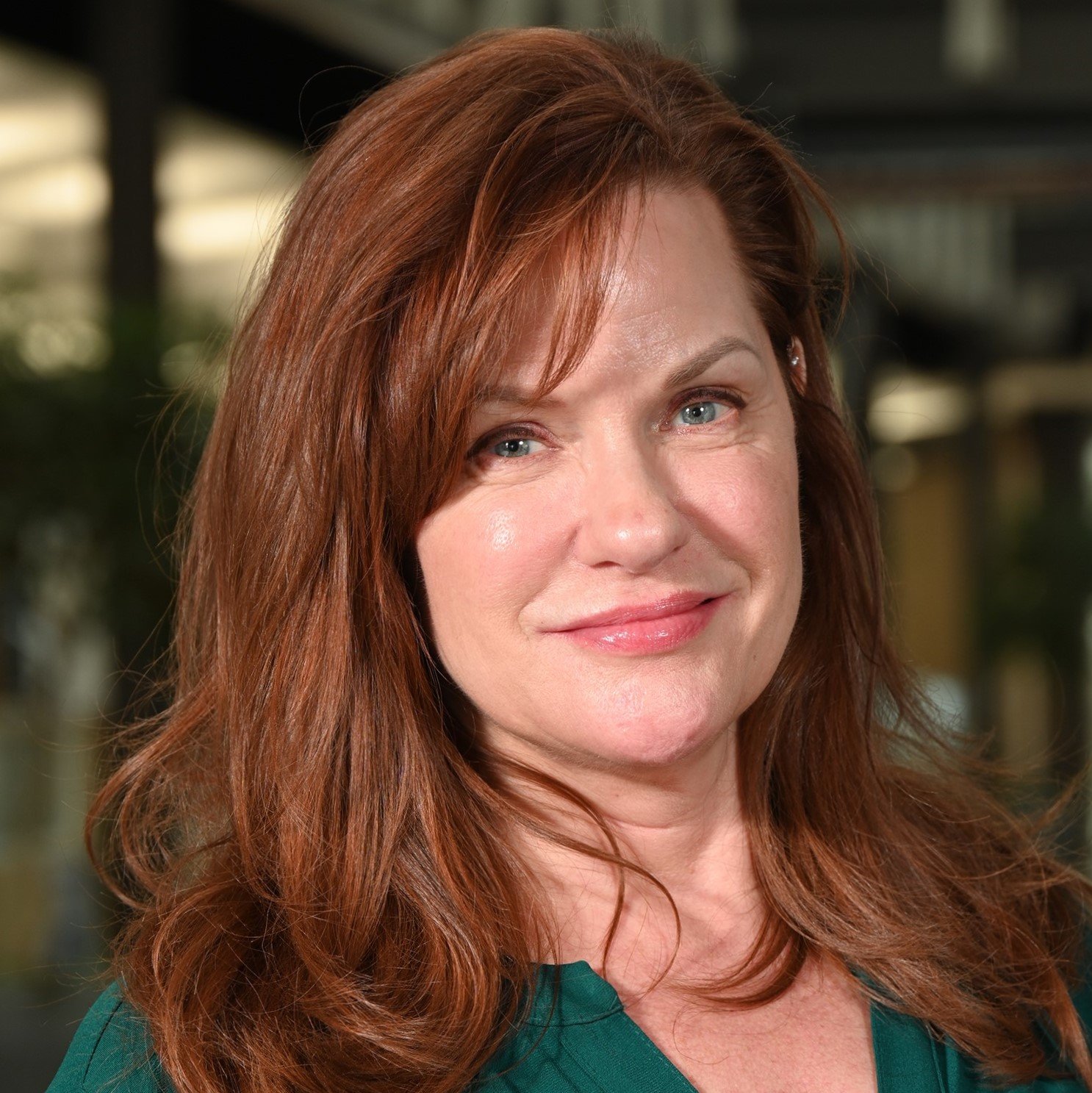Request for Samples
NSUF’s Nuclear Fuels and Materials Library is continually adding to its collection of publicly-available irradiated and unirradiated conventional and advanced steels, experimental alloys, ceramics and fuels.
Following the completion of the sample irradiation portion of an awarded experiment, the Principal Investigator (PI) will be given exclusive rights to the samples for a three-year period of post-irradiation examination unless other conditions are agreed upon. After the three-year period, the samples will be made available to the general research community for subsequent competitively awarded proposals.
Other than samples being added from NSUF irradiation projects, NFML also accepts third-party donations.
What is included in the NFML?
Samples include conventional and advanced steels, experimental alloys, ceramics and fuels.
Initially, NSUF staff identified legacy materials from previous R&D programs that were being stored in laboratories and hot-cell facilities at Idaho National Laboratory, NSUF’s lead laboratory. Owners of other materials of interest, identified outside of INL, volunteered to enter them into NFML. Finally, more than 3,500 specimens that had been irradiated as part of NSUF competitively awarded research projects were added to NFML. More than 6,000 samples are now in the library.
Are there fuel samples in NFML?
There are some irradiated and unirradiated fuel materials, however, not all are in the NFML database. If you would like to know more about available fuels, please send an email to [email protected].
How can I get access to an NFML sample?
Access to NFML materials is granted through NSUF’s two proposal processes, the DOE-NE Consolidated Innovative Nuclear Research (CINR)or NSUF’s Rapid Turnaround Experiment (RTE) program. CINR calls typically open in August, while RTE proposals open three times a year. If you are awarded access to a sample, NSUF will coordinate with the facility where the sample is located, and the facility will ship the sample to wherever post-irradiation examination is taking place. The cost of this process, determined after the project has been awarded, will come out of the award budget.
Outside of the two formal proposal processes, researchers can reach out directly to the NSUF director, Brenden Heidrich ([email protected]),to request access to a sample.
What if another researcher requests the same sample?
Certain materials may have more user demand than others. In general, if multiple users propose to use the same sample or group of samples, proposal review scores will be used to provide recommendations for priority. The final decision resides with the NSUF director and the DOE-NE selection officer.
Are new samples being added to the NFML?
Yes, all samples generated through NSUF’s CINR and RTE projects are added to the NFML. Additionally, samples are added through third-party donations or after a dedicated irradiation designed to populate the sample library.
What if a material I would like to study is not currently in the NFML?
Suggestions for new materials to include in the NFML are always welcome. There is funding available for NFML irradiations to be conducted so new material samples can be added to the NFML. If you would like to suggest a sample to be added, please send an email to [email protected].
What if my organization would like to donate samples to the NFML?
To qualify as an NFML sample, it must be available for use as part of all NSUF proposal call initiatives without restriction and all data generated is nonproprietary. As the NMFL Policy states, the individual or entity donating the samples must relinquish all legal ownership of the materials and transfer ownership to DOE, with the NSUF as custodian. Whether the samples have to be physically moved to INL or one of the NSUF’s partner facilities can be determined at the time of donation. Additionally, donations must meet the following criteria: (1) the materials being donated have demonstrated relevance to the nuclear energy research community, (2) the materials are relatively distinctive or in high demand, and (3) there is strong supporting pedigree information in the form of available data, reports or peer reviewed journal information.
Whenever possible, unirradiated archive material should be supplied with donated irradiated materials. Ultimately, it is NSUF staff’s responsibility to make recommendations to the NSUF director on what new samples should be entered in the sample library.
What are the requirements to donate to NFML?
To qualify as an NFML sample, it must be available for use as part of all NSUF proposal call initiatives without restriction and all data generated is nonproprietary. As stated in the NFML Policy, the individual or entity donating the samples must relinquish all legal ownership of the materials and transfer ownership to DOE, with the NSUF as custodian. Whether the samples have to be physically moved to INL or one of the NSUF’s partner facilities can be determined at the time of donation. Additionally, donations must meet the following criteria: (1) the materials being donated have demonstrated relevance to the nuclear energy research community, (2) the materials are relatively distinctive or in high demand, and (3) there is strong supporting pedigree information in the form of available data, reports or peer reviewed journal information.
Whenever possible, unirradiated archive material should be supplied with donated irradiated materials. Ultimately, it is NSUF staff’s responsibility to make recommendations to the NSUF director on what new samples should be entered in the sample library.

